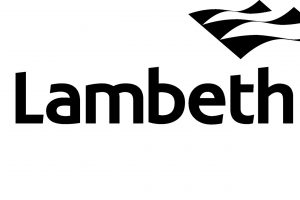There are other versions of this course available. We’ve listed them below and summarized the differences between the one that you are currently viewing.
This course is for students who want to start developing their own glazes but do not necessarily want to go to deep into the science behind and are looking for a more practical methods for experimentation. You will be introduced to the basic principles underlying glaze recipes and discover what role particular materials play in a glaze. We will be using base glazes to experiment with. Practical activity includes making glaze tests, weighing and mixing test glaze batches, adding colouring oxides and making line and triaxial blends. Each session you will review, analyse and discuss your results as a group, to develop your understanding of glaze technology.









